 In the hands of a less skilled director, Essential Killing could have easily become a politically-loaded statement film that feels manipulative, but with acclaimed filmmaking Jerzy Skolimowski behind the lense, Essential Killing is a raw, hypnotic mood piece which captures a man reduced to a primitive state with only his will to survive. First of all, from a technical standpoint this film is pretty much flawless. The cinematography captures the vast, dark wilderness which this man faces but never forgets to focus on the small details as well, like the slow, physical damage in which Gallo's character ensues. The sound design really creates a grueling dark setting as well. Screeching noises and at times, effective dead silence, really bring the viewer into this man's situation. Both the physical and mental anguish is seen first hand and there are some frightening sequences where Gallo's character is shown slowly losing his grip on reality. This is a grueling film which is pretty much existential in it's raw design and silent approach, that features barely any dialogue throughout its narrative. For me, Jerzy Skolimowski isn't making a political statement with this film but a humanitarian statement about war itself, showing the fragility of us as humans and how violence should never be part of the equation.
0 Comments
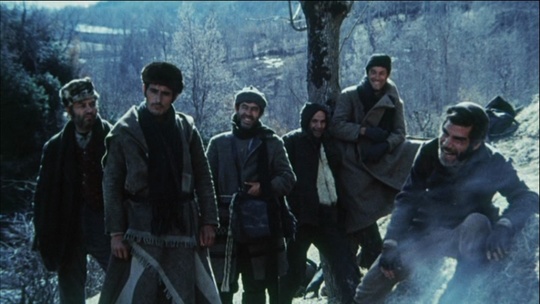 Joaquin Luis Romero Marchent's Cut-Throat Nine is a bleak and unforgivingly cynical western thats gratiutious violence makes it feel like some strange love child of Sergio Corbucci and Lucio Fulci. The story is centered around a calvary troop escorting a group of notorious criminals across the mountains to prison. Along the way, they are attacked by a bandit gang in search of gold, which leaves only a sergeant, his beautiful daughter, and seven sadisitic ciriminals alive. Left without horses, wagon, and any real means of transportation, the sergeant now finds himself not only concerned with transporting these men to prison, but also trying to determine which one of these sinsiter men is responsible for the murder of his wife. Cut-Throat Nine is a brutal, nihistic piece of cinema that is very much stylized in the same vein as the other Italian films of the era, whether it be Lucio Fulci or Italian crime films. Stylistic and violent, Marchent creates a film full of brutality, as we watch the filmmaker destroy each character one by one. While the violence is gleefuly gratuitous, I particularly enjoyed the fim's stylistic depiction of a man's psyche on the verge of the death. From what I can recall, every character in Cut-Throat Nine sees an aspect of their lives flashing between their eyes, with the film having a very unique perspective, where each man's moment varies in meaning. The narrative of Cut-Throat Nine is simple but very effective, as the filmmakers deprieve the viewer of all certainly into the outcome of the events of the film. Stylistic, brutal, and full of violence and depravity, Joaquin Luis Romero Marchent's Cut-Throat Nines is a dark but highly enjoyable cinematic experience. 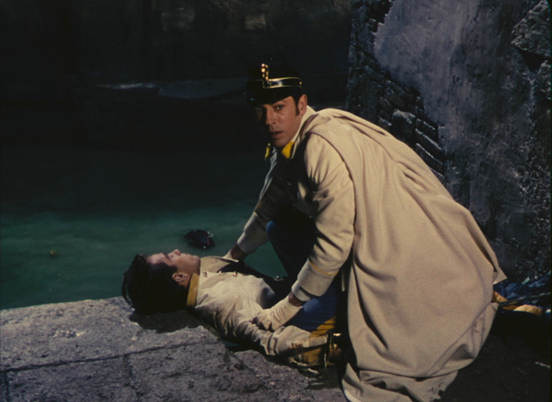 Luchino Visconti's Senso tells the tale of Countess Serpieri, nineteenth-century Italian woman who, during the Austrian occupation of her country, falls in love with the dashing Austrian lieutenant during a live performance of Il Tovatore. Putting her marriage, political beliefs, and coutnry on the line for her torrent love affair, Visconti uses the character of Countess Serpieri to tell a rather devastating meldodrama about the true power love and passion can have over our rationality. Featuring lush costumes, and art design, Luchino Visconti paints a lavish portrait of this neurotic Italian countess, subtely commenting on the naivity and neglegence that is often manufacted in the minds of the bourgeois. The performances in Senso are operatic in nature, especially by Alida Valli, whose portrayal makes one question this characters' sanity at times, deranged with lust to the point that she can't come close to recongnizing the Austrian lieutenant's potential double-cross. While not obvious from the very beginning, it becomes clear that the Austrain lieutenant's intentions are not based off love but seduction, using this woman's lust and warped love to his advantage. She is a woman who is completely blind to the reality that is right in front of her, lost more in the ideals of love than actually experiencing it. While not obvious from the very beginning, it becomes clear that the Austrian lieutenant's intentions are not based off love but seduction, using this woman's lust and warped love to his advantage. With its lavish art direction and vivid colors, Luchino Visconti's film is a pulsating romantic melodrama with devastating results, with the filmmaker being more interested in showing the destructive power of love.  Taking place in the frozen northern region of Maine, Lance Edmand's Bluebird is a gloomy, and downbeat study of loss, grief, and economic deterioration, telling the tale of one woman's tragic mistake that leads to the death of a young boy. Interweaving the connected lives of individuals in this small isolated logging town, Bluebird captures the deteriorating effect of guilt not only on the individual, but the collective, as it spreads throughout the community. Bluebird is a film that captures how fragile the tranquility of a small community can be, displaying the trickle down effect of sorrow that can persist in a town that is crumbling economically. There is a quietness and coldness to Lance Edmand's Bluebird, which uses evocative photography to create its poetic meditation on human struggle, and eventually hope. I particularly liked how the cinematography frequently uses back-lighting in its compositions, presenting many of its characters in a silhouette form, almost in an attempt to strip them of the individuality visually, a faceless individual and visual representation of the universal concept of human struggle. Bluebird is a well-made film that speaks to a lot of universal truths about sorrow and grief, but the film does feel a little too familiar at times, not having much new to say from a film like, Atom Egoyan's The Sweet Hereafter, for example. The one distinction that does make Bluebird well-worth a watch pertains to economic deterioration, with Bluebird capturing how much our lives and happiness are dictated by monetary freedom, with the weight of the town's collapsing economic infrastructure leading to more sorrow.  Set in a small village in Italy's mountainous region of Calabria, Le Quattro Volte is a film that examines the circular nature of life. Through finely detailed visual design the film chronicles these events in four specific parts. This is a dialogue-free experiment which follows Pythagoras' lesser-known theorem that humans are made up of the rational, the animal, the vegetable and the mineral. Although the film can be hypnotic with it's imagery to the point of it being almost meditative, Le Quattro Volte suffers from a pace that is so slow that I did find it hard to get through at times, particularly the 2nd part of the film where we follow a goat. The film has some magical moments that really capture the beauty of our existence in nature, with one of the more interesting aspects being the structurally aspect of nature. This is the type of film that I really believe would have been a masterpiece if it was about half the length or perhaps even created in a short film forum, as the film becomes redundant during long stretches of its running time. Michelangelo Frammartino's Le Quattro Volte is a fascinating film but it's also a film that I will probably never have interest in watching again. It's certainly an acquired taste, as some will find Le Quattro Volte profound and enriching while others will be bored out of their minds. 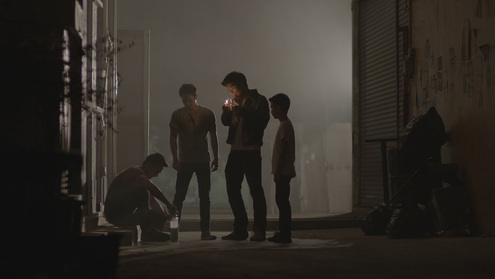 After the death of both of his parents, Oat, an 11-year-old boy, lives with his brother Ek, and Aunt in small home in Thailand. Looking up to his brother as an almost father-like figure, Oak and sees his brother's future come into question when Ek is forced to participate in Thailand's annual military draft lottery. Attempting to change his brother's fate by any means necessary, Oat ventures into the darker world of Thailand which his young-mind simply doesn't grasp, leading to consequences for both him and his brother. Josh Kim's How To Win At Checkers (Every Time) provides a rather cynical viewpoint of modern day Bangkok, examining the hardships and joys of growing up in Thailand through the young perspective of Oat. While coming of age stories are a dime a dozen, How to Win At Checkers separates itself from the pack due to its hard and honest portrayal of growing up in a place like Thailand. It's rare for a film to not demonize selfishness but that is exactly what makes How To Win At Checkers so interesting, being a film that champions the notion that one must do what is necessary to survive in the no-holds barred world of Thailand. This is a film that argues that doing the right thing isn't a necessity but a hindrance in a world where everyone does what is necessary to get ahead, painting a portrait of modern Thailand that has been consumed by capitalist principles, breeding greed, which has led to widespread corruption. Class has become to major driver of success in Thailand, with How to Win At Checkers showing the vast differences in opportunities and restriction in Thailand based off of economic status. If rich enough, you can simply pay off the public officials before the draft lottery, guaranteeing a future for oneself outside of the military. How to Win At Checkers (Every Time) is a film that is specific to Thailand but also speaks to this more universal truth about economic class and opportunity. Told through the eyes of young Oak, How to Win At Checkers (Every Time) is a charming film with a unique voice, which manages to be poignant yet playful, being told completely from this young boy's perspective. The film does a great job at keeping the viewer completely in young Oak's perspective, subtlety capturing a boy who is being protected by his other brother and Aunt, from the harsher aspects of Bangkok. Through his brother's plight, Oat becomes a character who is disillusioned by the world around him, coming of age and realizing that very little is fair in contemporary Thailand. 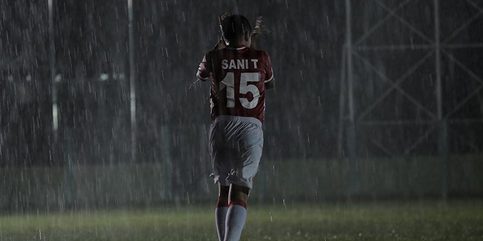 Based on true events centered around the brutal violence between Muslim and Christian communities in Maluku, a providince of Indonesia, which spanned years, Angga Dwimas' We Are Moluccans tells the story of Sani, a husband and father, who works as a motorbike courier in the region. With violence and riots being the only constant in the region, Sani grows fearful of the children in his village,Tulehu, starting a small soccer school as a way of distracting the children from the violence around them. Eventually the riots dissapate, but there is still religious tension throughout Maluku, which leads to Sani being approached to put together a team to compete in the national championship, chosen because it is believed that he is the only one that can unite players coming from different religions. We are Moluccans is an epic story about the power of athletic competition, showing how the principles of team sports can help unite and instill hope in a region with various religious differences. While Sani's intentions in starting the soccer school were simply as a form of escape from the bloodshed, it becomes apparent to him that this team can serve as a good example for a country that desperately needs unity. This is a film that has a very movie-the-week, Disney crowd pleaser type feel, making the cognizant decision to keep the raw nature of the religious violence off screen. While the film has moments of headache inducing over-sentimentalty and manipulative moments, We Are The Moluccans remains compelling thanks to its main protagonist, a strong characterization of a man being pulled in many directions. With Sani, the film reveals a man with a deep passion for soccer, whose always been considered a failure when it comes to the big moment on the field. Sani faces plenty of hardships in his personal life due to his desire to help these young boys, with his own wife growing constantly agitated by the idea that her husband puts the team above his own family. Sani's best friend since childhood, Rafi, also grows agitated, though neither of them understands that this is much bigger than soccer or Sani's desire to be successful. While Rafi views all accomplishment in Soccer connected with victory, Sani understands that the true power of the sport is its ability to teach character and discipline, showing this younger generation what can be accomplished together when religious and cultural differences are put aside for the betterment of the team. Told in a straightforward way, Angga Dwimas' We Are Mollucans can be a little bland sylistically, but it does deliver a touching true story of how team sports can teach young children the importance of teamwork and unity. 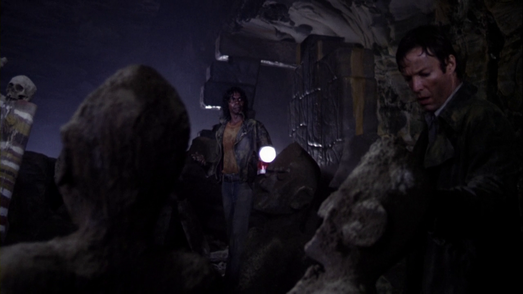 Peter Weir's The Last Wave is the type of the film that sure seems like it would have grabbed the attention of Hollywood back in 1977. Full of film noirish undertones, Weir's psychological thriller tells the story of David Burton, a Sydney Lawyer, a loving husband and father of two children, and a man that is having horrifying visions of catastrophe. He is assigned to defend a group of five Aborigine man who are accused of murdering one of their own via drowning. Without not going into too much plot details for the sake of spoiling a well excuted mystery/thriller, one could call Peter Weir's The Last Wave, a thinking man's Hollywood disaster flick, though the film's best attribues lie in its commentary on the destruction of Aborigine culture by British Imperialsm and white culture. The Last Wave paints a picture in Austraila where Aborigne culture is essentially none existent, with everyone but David Burton believing these men murdered one of their own in a drunken brawl. Everyone believes these men couldnt still practice the old tribal culture in the city, laughing at the idea that a city dwelling Aborigne would still practice their culture. David Burton belives it was a tribal killing, and soon finds himself believing that Aborigne's culture may be the key to figuring out why he his having these nightmaric visions. I have no idea if these beliefs are factual based, but Weir's film creates a fascinating mysticism about dreams and how we as a society have written them off as nothing truly important. The Last Wave is intriguing and keeps you engaged from start to finish, with Weir showing his ability to create an intense atmosphere, with visual compositions and slow camera movements that do a great job of mimicking the creeping sense of dread that envelopes the whole film. I'd probably go as far as to say that The Last Wave is my favorite of his films, being a fast-paced thriller that is accesible but introspective, with great visual flourishes and a geniune sense of mystery. With surrealistic dream sequences, Peter Weir's The Last Wave is a great thriller and smart commentary on the destruction of culture that has happened in Austrailia over the years.  Thomas Lilti's Hippocrates is a darkly comic and deeply sobering expose of the French public medical system, following Benjamin, a new medical intern who is attempting to adjust to the fast-paced, high-stress environment. Overwhelmed but a good doctor, Benjamin loses a patient due to hospital negligence, with the hospital staff covering it up to avoid a lawsuit. Writer/Director Thomas Lilti was a physician and it shows in Hippocrates, a film that provides a deep, pensive look into the public health services system, showing how this corporatization conflicts with the most important job of a doctor, putting the patient first. Capturing the the budget cuts and supply shortages, Hippocrates really speaks to how this can wear a doctor down emotionally and physically. I don't think it's a mistake that the one character who represents a man willing to fight for the system is a foreigner in Abdel, an Algerian physician who has demoted himself down to intern in France, just for sake of him and his families' immigrant status. Featuring a fine performance by Rada Kateb, Abel is a symbol of hope, a man who eventually awakens Benajamin to the need to fight for the patients. A scene towards the end of the film is a transparent moment, with Thomas Lilti unleasing all of his frustration about the system in an explosive scene that sees many of the hospital staff, mostly interns, stand up for themselves and their patients after another near tragedy. Whats funny about this film is that intentionally or not, it also speaks to the inherent selfishness of humanity, with the staff only speaking up about the problems after one of their own is seriously injured and in their care. Hippocrates never feels heavy-handed, and perhaps the comedic element helps with that, but my favorite aspect of the film pertains to how it captures the rough life of doctors. For me, Hippocrates is more intersting in the perspective that everyone deals with tough situations in different ways, some doctors go cold, others deny, but for some the pain is too much, heading them on a collision course with hospital admistrators. I particuarly liked an exchange between Benjamin and his friend in intensive care, each having very diferent mindsets and perspectives when it comes to dealing with patients. Hippocrates also acknowledges the bond that is shared between almost all hospital staff, almost doing so out of survival, being a family in a world of sorrow. Given the filmmaker's knowledge of this situation, Thomas Lilti's Hippocrates is an authentic and informative look into the corporatization of hospitals that dark comedic approach makes it easier to stomach.  Maxime Giroux's Félix and Meira is an incredibly mature and elegant romantic story about two individuals who couldn't be more different. Meira, a Hasidic Jewish wife and mother, is trapped in a loveless marriage, pining for semblance of her own identity under the repressive regime of her husband and religion. Felix is a loner and directionless individual, who is recently dealing with the death of his father. While these two individuals are from completely different worlds they live only blocks away from one and other, leading to a chance encounter in a small bakery. What at first starts as a friendship soon enough becomes more, forcing Meira to confront her own feelings about what she truly wants. A film about self discovery, Félix and Meira paints a portrait of longing in two individuals that is poignant and profound. This is a film that doesn't paint a paricularly kind portrait of Hasidic Judaism, capturing how woman are oppressed in this culture, losing their own identity and essentially being viewed as property. The scenes early on in the film are hard to watch, feeling almost like a horror film for the viewer, which sees Meira lock herself in the bathroom just to feel a moment of peace from the constant demands of this strict regime. That being said, Félix and Meira wisely never demonizes the husband, presenting him as a man who does care deeply for his wife but also for his religion. It almost feels like out of respect to this charcter, the filmmakers never actually show Felix and Meira in their intimacy, a fascinating and mature decision. The film itself really doesnt demonize religion either, more speaking to Meira's need to discover what makes her happy. The reason the romance that unfolds between Félix and Meira works so well is because the film takes its time, fully developing each character individually, which makes their romance feel so much more organic. It becomes clear that while these two individuals couldn't be more different on the surface, they each have dealt with a similar type of oppression. While Meira's oppression is the driving force of the film, Félix's is beautifully understated, being a man who was raised by a mentally abusive father who chastised him from an early age. Featuring strong central performances, Maxime Giroux's Félix and Meira is a touching romance of two individuals discovering themselves through each other. |
AuthorLove of all things cinema brought me here. Archives
June 2023
|
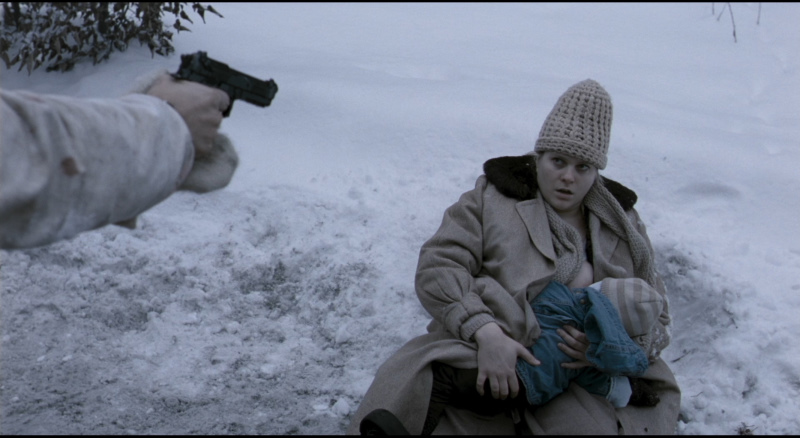
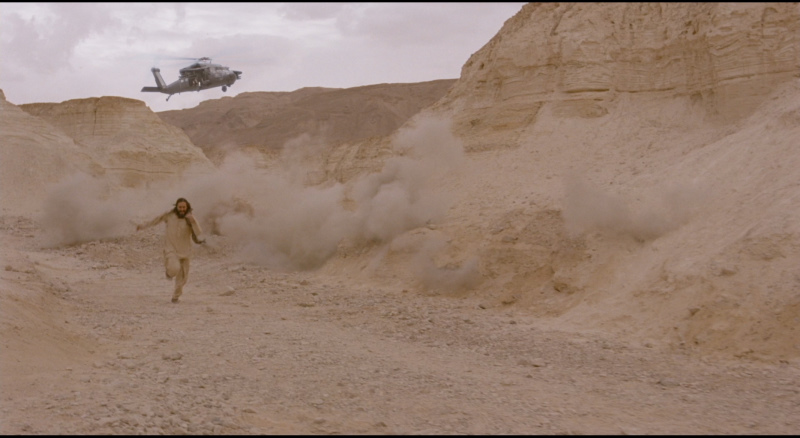
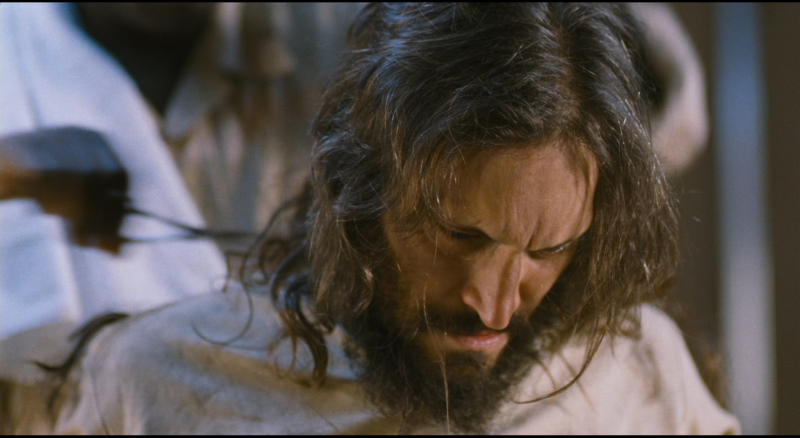
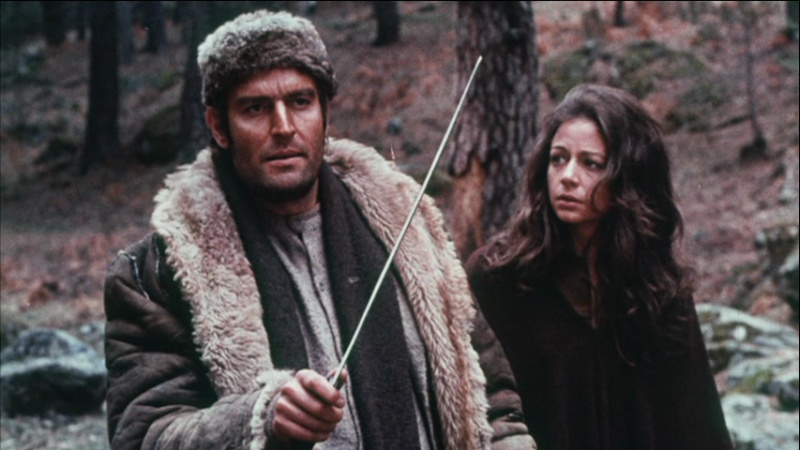
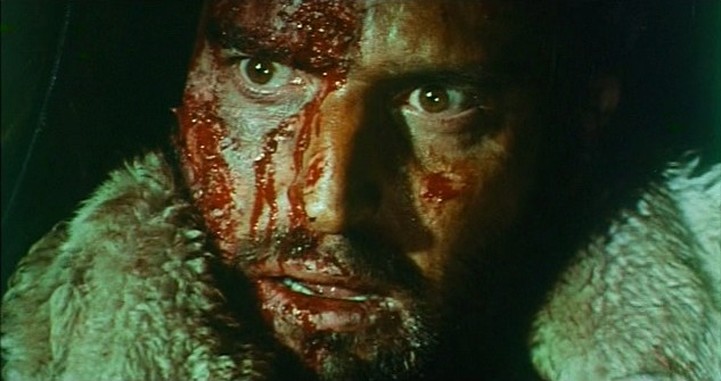
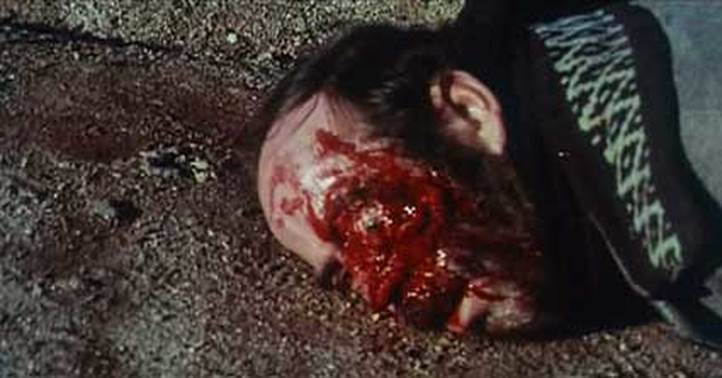
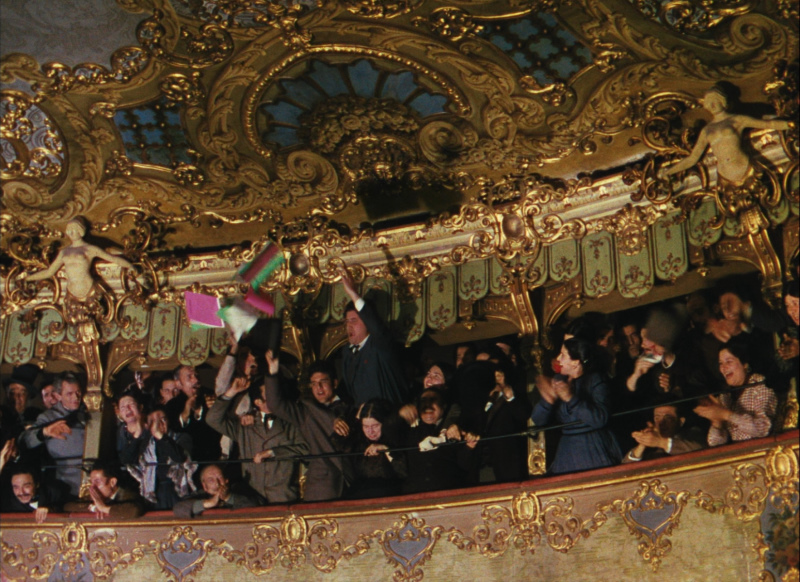
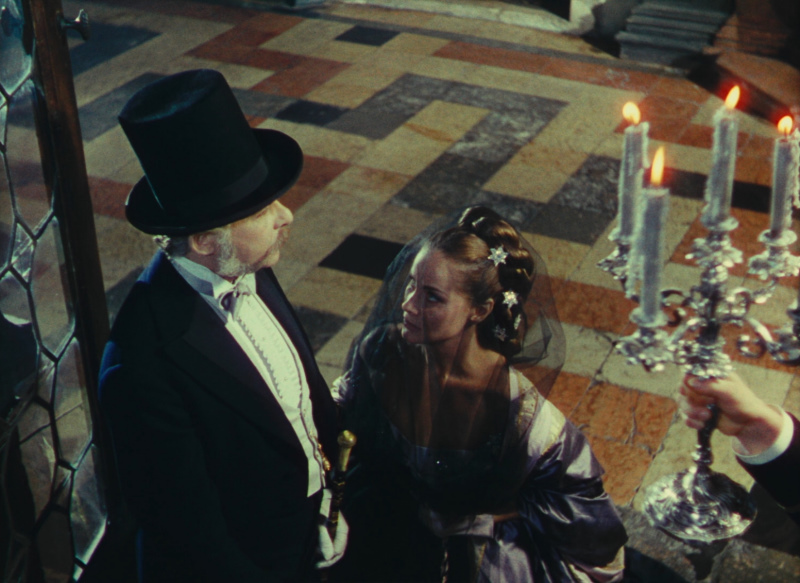
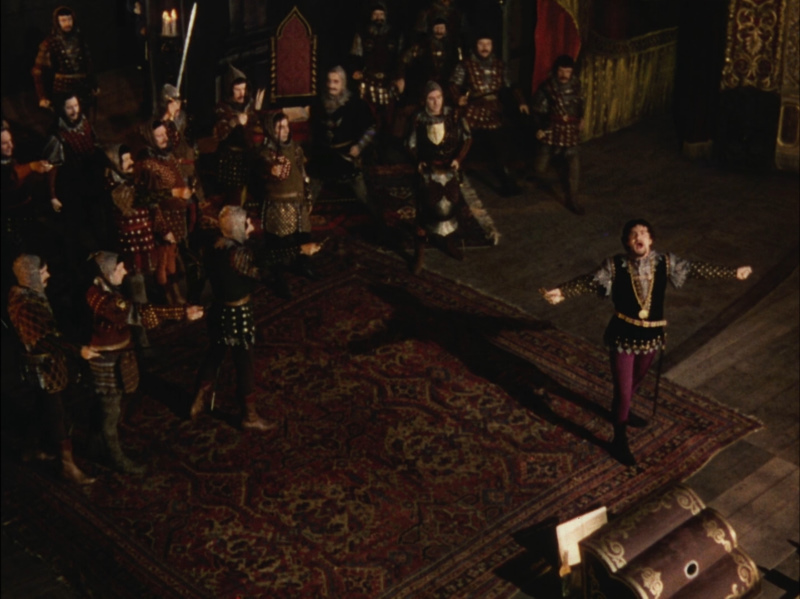
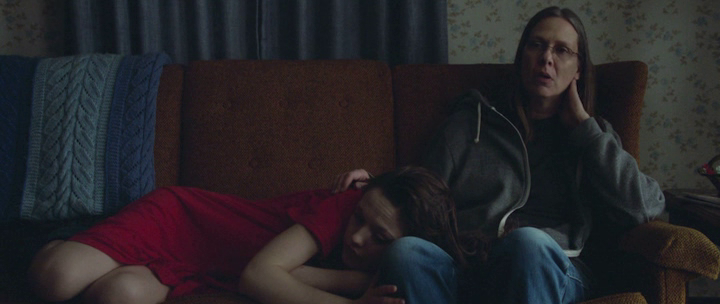
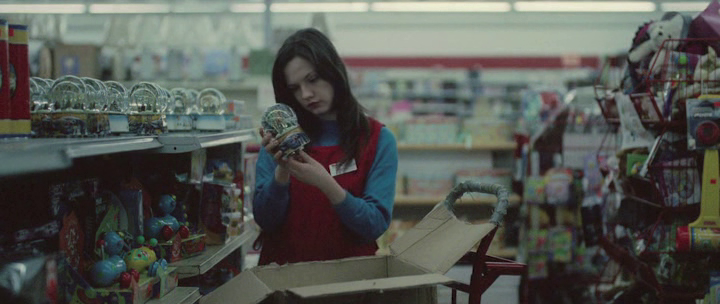
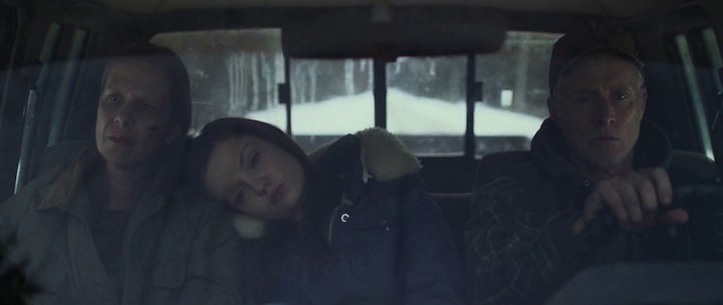
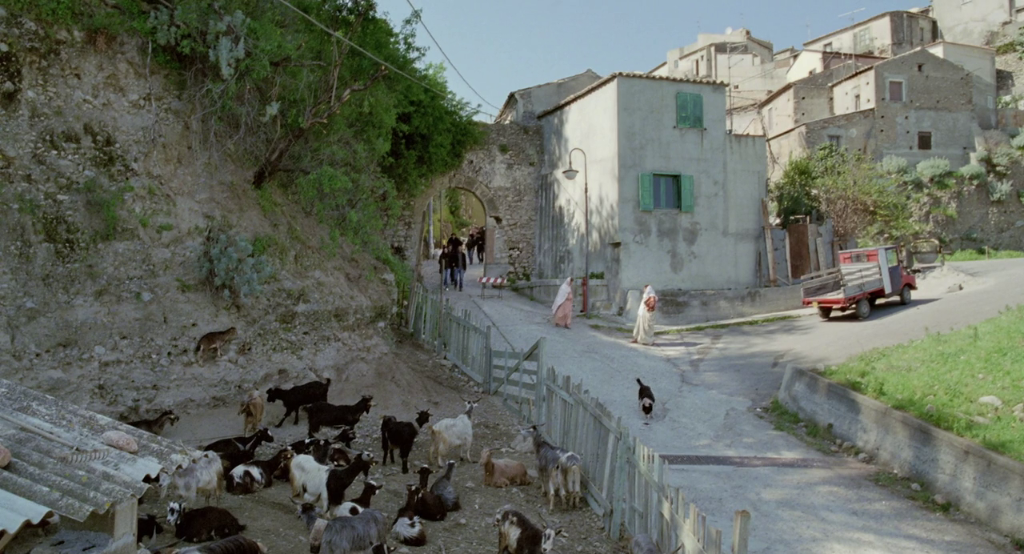
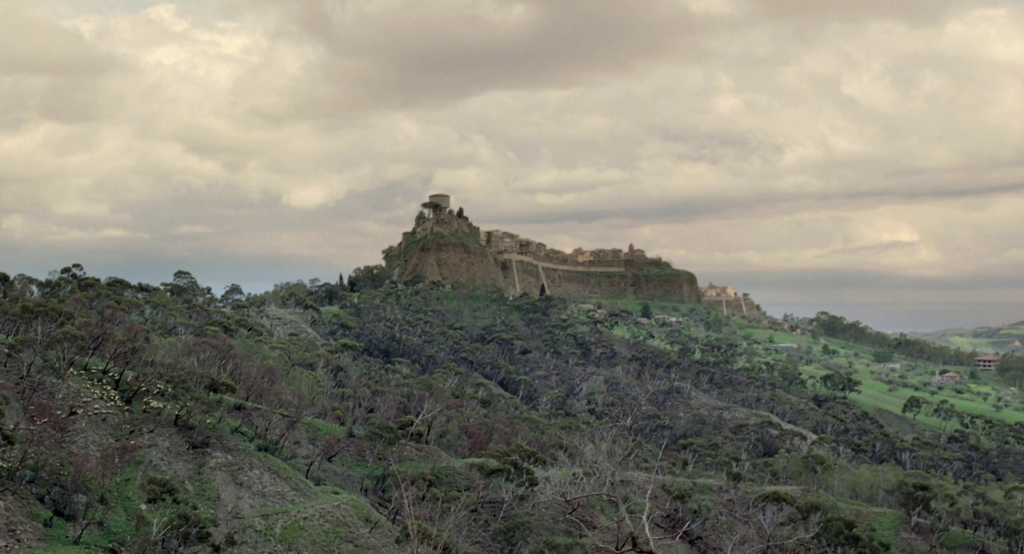
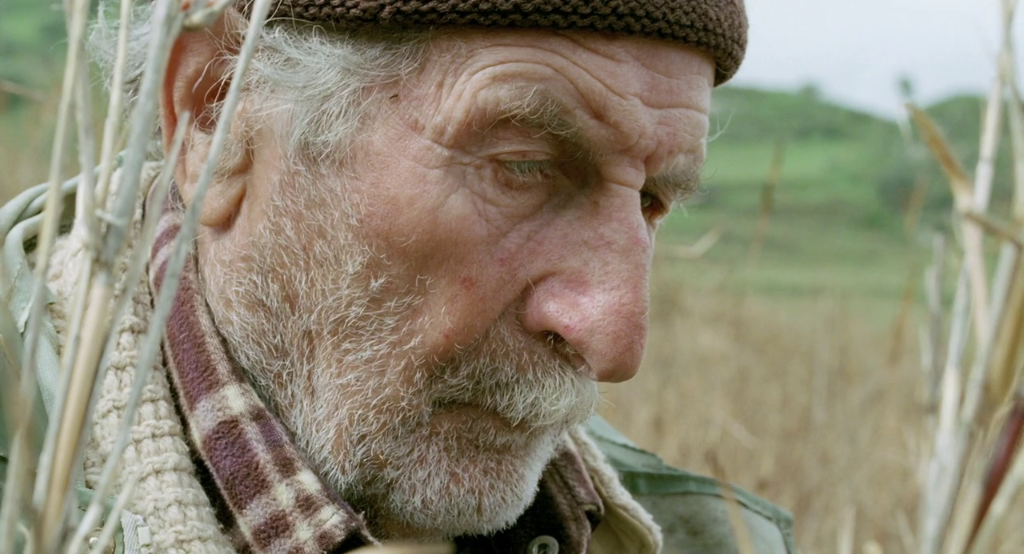

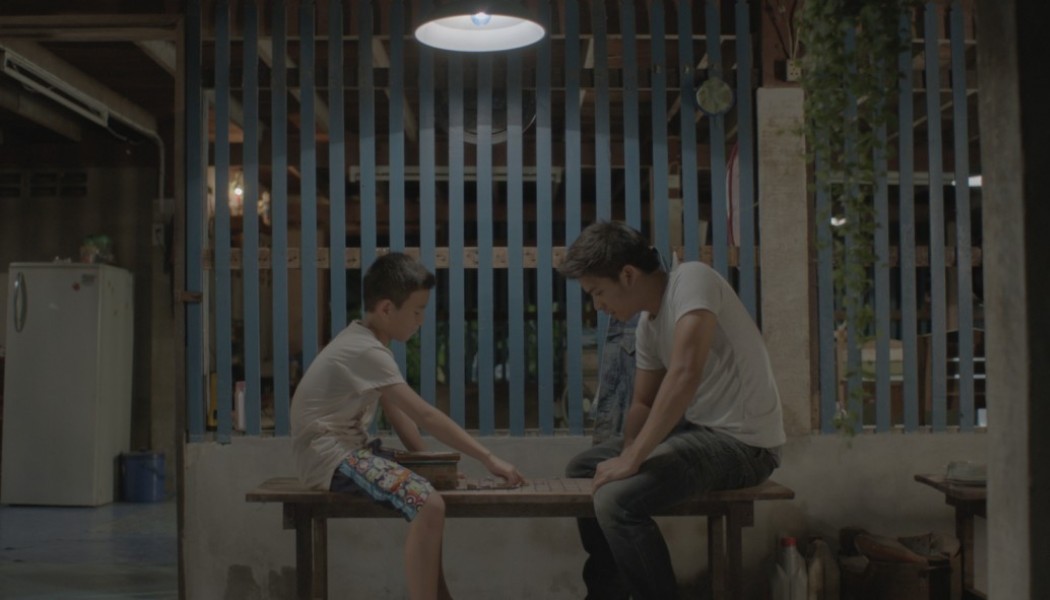
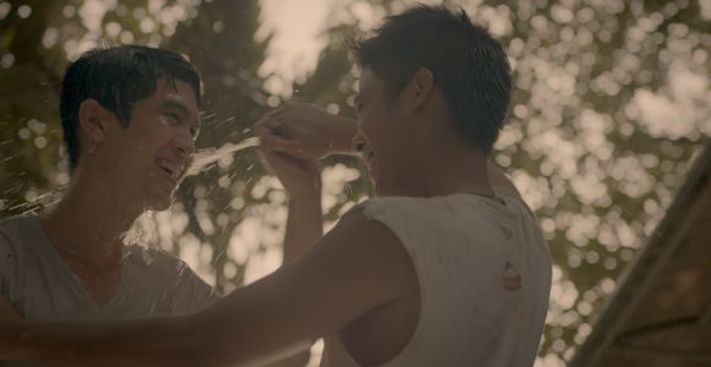


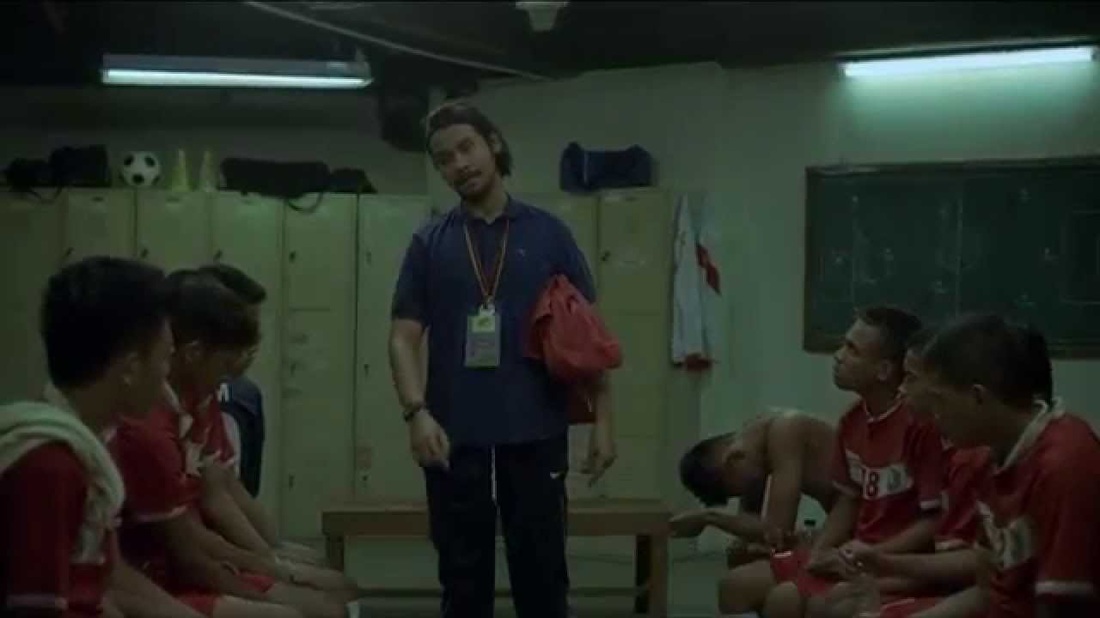
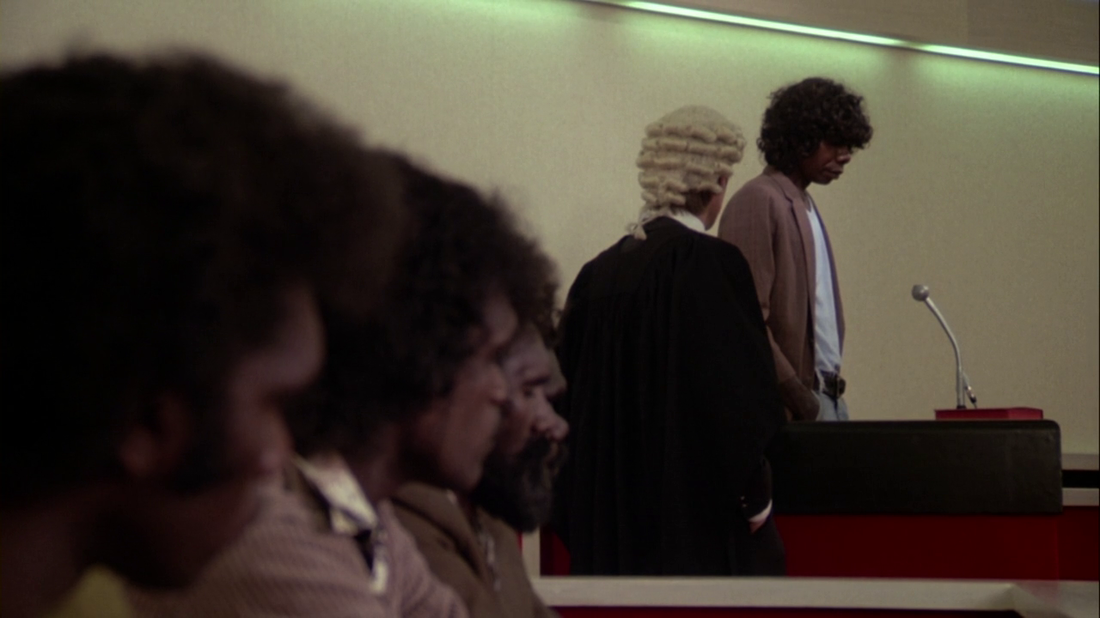
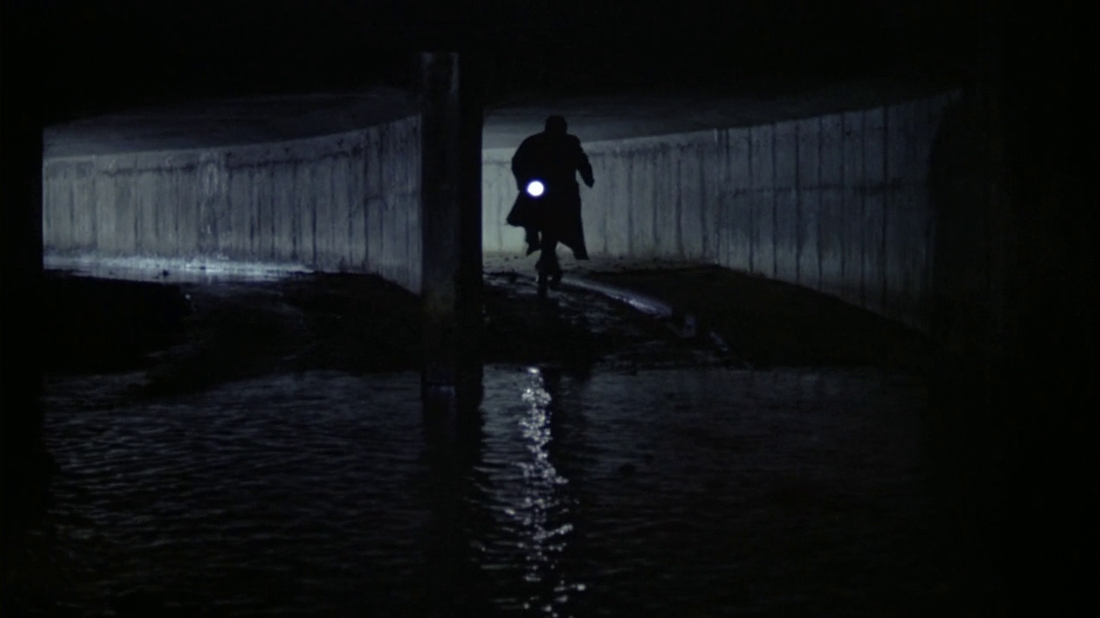
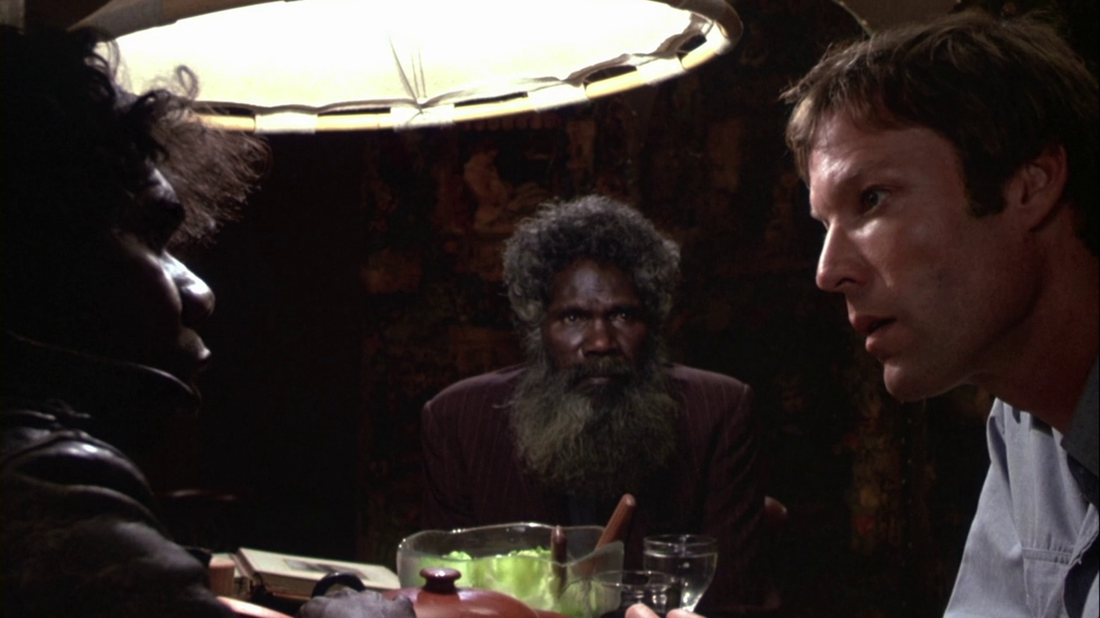
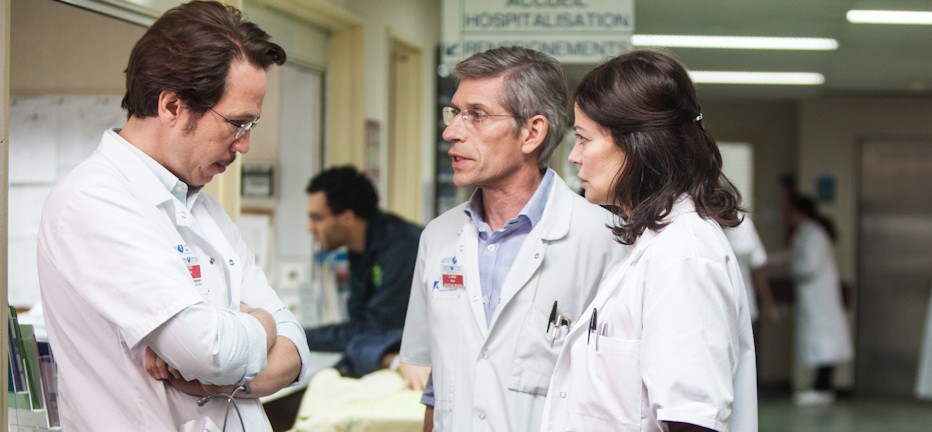
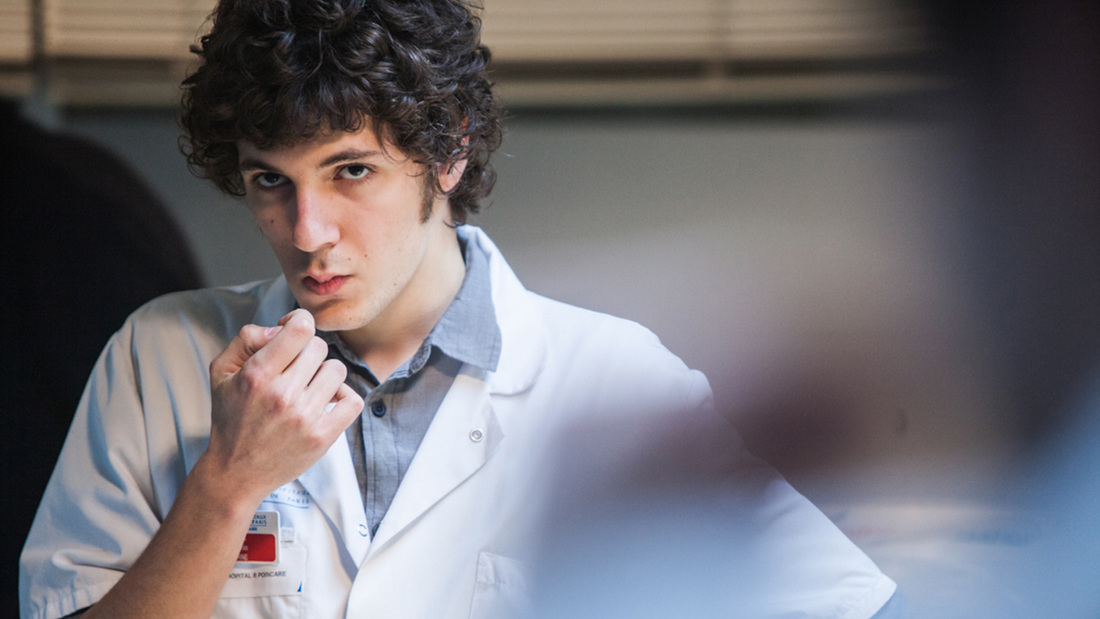
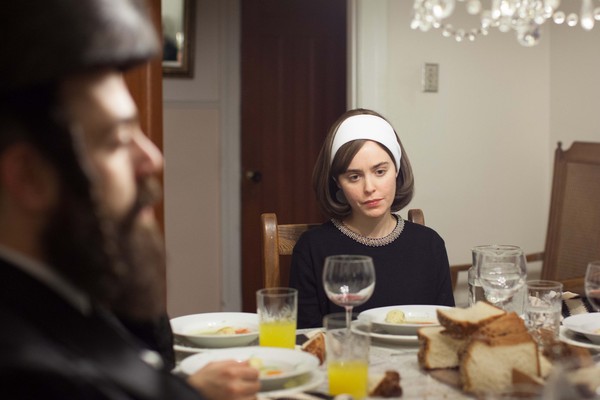
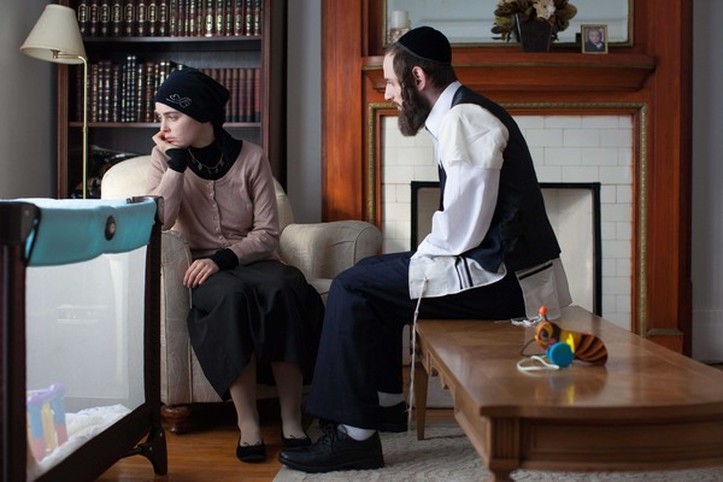
 RSS Feed
RSS Feed
